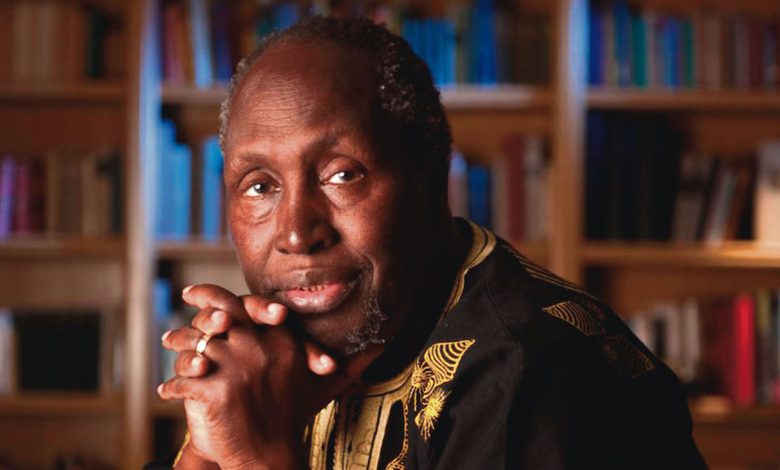Ngũgĩ wa Thiong’o: A True African Hero and Nationalist.

Celebrating the Life and Legacy of Ngũgĩ wa Thiong’o
Ngũgĩ wa Thiong’o, the iconic Kenyan writer, activist, and scholar, stands as a towering figure in the fight for African identity, cultural pride, and freedom from colonial and neo-colonial oppression. His unwavering commitment to decolonizing the African mind and championing indigenous languages makes him a true hero and nationalist, whose influence will resonate for generations to come.
A Literary Giant Who Gave Africa a Voice
Ngũgĩ’s novels, such as “Weep Not, Child”, “The River Between”, “A Grain of Wheat”, and “Petals of Blood”, explore the impact of colonialism, the pain of lost traditions, and the resilience of African societies. His decision to abandon writing in English and embrace Gikuyu, his mother tongue, was a bold act of cultural resistance. In doing so, Ngũgĩ challenged the dominance of colonial languages and inspired countless African writers to reclaim their linguistic heritage.
Fearless Advocate for Decolonization
Ngũgĩ believed that language is the key to liberation. His essays, including the seminal “Decolonising the Mind”, argue that true freedom for Africa lies in embracing its own languages, cultures, and histories. For this, he faced imprisonment, censorship, and exile—yet he never wavered.
His play, “I Will Marry When I Want”, co-written with Ngũgĩ wa Mĩriĩ, used theatre as a revolutionary tool. Performed in Gikuyu by local peasants, it sparked a cultural awakening but also drew the ire of the Kenyan government, leading to Ngũgĩ’s detention in 1977.
A Legacy That Lives On
Ngũgĩ’s vision of an Africa that stands proud, unshackled by colonial mentalities, continues to inspire. He taught us that reclaiming our stories is the first step towards true freedom. His courage, intellect, and love for Africa mark him as not just a Kenyan icon but a pan-African hero.
As we honor Ngũgĩ’s memory, let us carry forward his message: Africa’s future belongs to those who embrace their identity, their languages, and their cultural heritage




